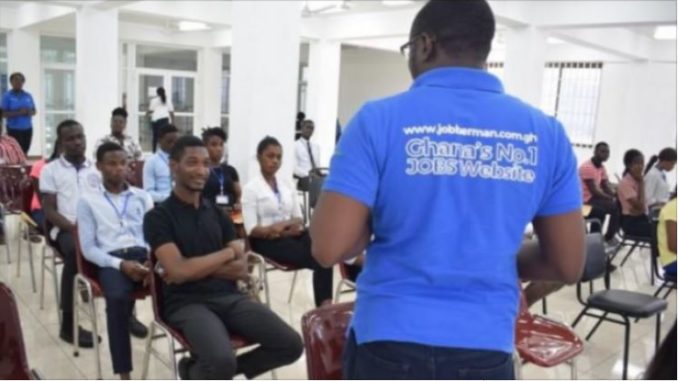
Close to 90 percent of applicants that apply to a job position in Africa are objectively not a match to the role advertised, Ringier One Africa Media (ROAM) has revealed.
Based on data sets from 12 million Africans, ROAM found that this is caused less by a shortage of jobs, but a fundamental misunderstanding of job requirements, both from employers and candidates.
This was uncovered by research conducted by ROAM, which is an encompassing the market-leading job portals in West Africa (Jobberman) and East Africa (Brightermonday), as well as Executive Recruitment and HR Solutions firm The African Talent Company.
The company has analysed datasets from more than 12 million users, as well as from more than 100,000 employers, across Nigeria and Kenya active in the last two years.
“We have recently conducted a data review and were shocked by this huge gap. Our initial hypothesis was that this is due to a shortage of jobs, gaps in the labour markets, and desperation,” Matthew Page, ROAM head of Jobs, said on the background of the research.
“However digging deeper into our database, our analysis found that many candidates were indeed qualified for other available jobs, but did not necessarily apply for these. African employers and our clients indeed face a challenge in hiring the right people.”
The company’s research further brought to light that an average job listing receives about 140 – 160 applications.
This showcases that there are huge hiring efforts involved in the application and recruitment process, even before the interview.
This is both on the candidate side, to launch this large number of wrong applications, as well as from the employer, to identify the 10% of the right candidates, amidst a large number of unqualified requests.
“Hiring the right competency upfront typically returns 3x productivity for the employer. It also minimises the onboarding time required to get an employee up to speed,” Page added.
“That is why we have launched smart employer products in the last months. These facilitate a smooth hiring experience for employers, through tech-enabled shortlisting and matching products that identify the best candidate for the best position”, adds Matthew Page.
Clemens Weitz, CEO of ROAM, who elaborates on the potential for economic growth, said: “Our research clearly shows that the education of the African job market has a long way to go – both on the seeker and employer side”.
“Solving this challenge will unlock tremendous latent economic potential. Imagine an efficient economy, where all employees sit in the job that is a perfect, natural fit for their individual nature.
“Productivity and satisfaction would skyrocket. AI and machine learning have tremendous potential, and we plan to fundamentally solve this challenge in 2019.”
END

Be the first to comment